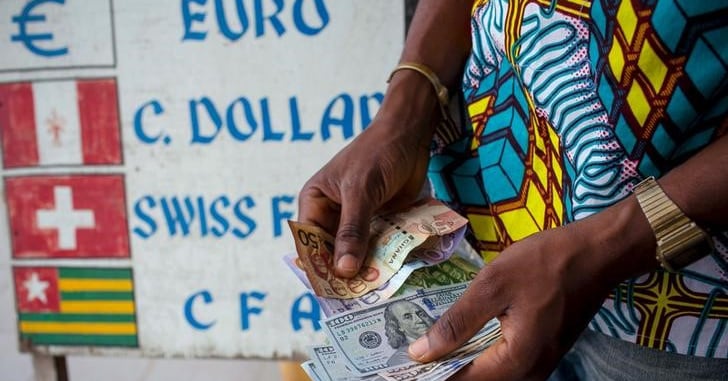By: Kekekli K. Blamey
The Institute of Statistical, Social and Economic Research (ISSER) has released its 2024 Mid-Year Budget Review, titled “A Critical Assessment of the 2024 Mid-Year Budget by ISSER.” The report outlines the significant impacts of the depreciation of the Ghanaian Cedi on the country’s economic landscape, noting labor agitations, business collapses, and relocations to more business-friendly countries as key consequences.
In the first half of 2024, the Cedi depreciated by 18.6% against the US dollar, 17.9% against the Pound Sterling, and 16.0% against the Euro. This follows a depreciation of 27.8%, 31.9%, and 30.3% against the US dollar, Pound Sterling, and Euro respectively in 2023, and 30.0%, 21.2%, and 25.3% against the same currencies in 2022. These figures indicate a degree of stabilization in the exchange rate over the past three years, despite higher volatility in the first half of 2024 compared to the same period last year.

ISSER emphasizes that the high exchange rate in Ghana has contributed to labor agitations, increased costs of doing business, and the collapse of some businesses, while others have relocated to more favorable economic environments. The report calls for urgent government intervention to curb the rate of depreciation against major trading currencies and to boost exports to reduce the demand for trade forex.
The report also recommends that recent policies by the central bank to enforce forex regulations and increase its presence in the exchange rate market should be intensified. ISSER’s assessment underscores the need for robust economic policies to address the adverse effects of currency depreciation. Reducing exchange rate volatility is essential for creating a stable business environment, encouraging investment, and mitigating economic pressures that lead to labor unrest and business relocations.






